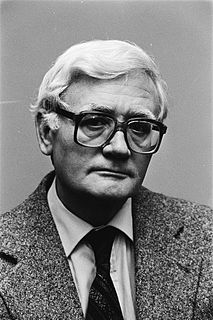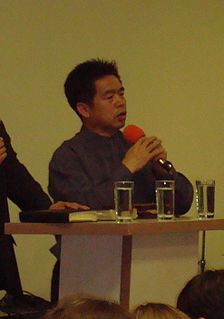A Quote by Juan Pablo Di Pace
I wanted Jesus in 'A.D.' to be very, very, very human - to have those qualities of vulnerability and doubt and pain and sadness and loneliness. Once the resurrection happens and we see that Jesus has risen, it's almost complete, right? It's all about the joy and the smile and the happiness and the closeness to the disciples.
Related Quotes
The crucified but risen Jesus appears in the believing, assembled community of the church. That this sense of the risen, living Jesus has faded in many [churches] can be basically blamed on the fact that our churches are insufficiently 'communities' of God. Where the church of Jesus Christ lives, and lives a liberating life in the footsteps of Jesus, the resurrection faith undergoes no crisis. On the other hand, it is better not to believe in God than to believe in a God who minimizes human beings, holds them under and oppresses them, with a view to a better world to come.
The resurrection is the keystone of the arch on which our faith is supported. If Christ has not risen, we must impeach all those witnesses for lying. If Christ has not risen, we have no proof that the crucifixion of Jesus differed from that of the two thieves who suffered with him. If Christ has not risen, it is impossible to believe his atoning death was accepted.
Jesus on the cross feels the whole weight of the evil, and with the force of God's love he conquers it; he defeats it with his resurrection. This is the good that Jesus does for us on the throne of the cross. Christ's cross, embraced with love, never leads to sadness, but to joy, to the joy of having been saved and of doing a little of what he did on the day of his death.
I have very intense feelings of joy or sadness. I used to not like that so much because I was worried it was girly, and I wanted to be more stoic. I think this happens a lot. When you're 16, there are qualities you wish you didn't have, and then when you're 30, you're like, 'Thank God I have that; otherwise, I'd be living less vividly.'
I accept the resurrection of Easter Sunday not as an invention of the community of disciples, but as a historical event. If the resurrection of Jesus from the dead on that Easter Sunday were a public event which had been made known...not only to the 530 Jewish witnesses but to the entire population, all Jews would have become followers of Jesus.
The resurrection of Jesus was simply God's unwillingness to take our 'no' for an answer. He raised Jesus, not as an invitation to us to come to heaven when we die, but as a declaration that he himself has now established permanent, eternal residence here on earth. He is standing beside us, strengthening us in this life. The good news of the resurrection of Jesus is not that we shall die and go home to be with him, but that he has risen and comes home with us, bringing all his hungry, naked, thirsty, sick prisoner brothers with him.
I think 'Speech & Debate' surprised people because it's a play about teenagers that took the teenagers very seriously. They are very real. People wanted to see if they identified with one of the kids, that loneliness, that yearning for something bigger. That feeling of being stuck, it's very adolescent, but those kinds of feelings linger on.
And I found Jesus very disturbing, very straightforward. He wasn't diplomatic, and yet I felt like if I met Him, He would really like me. Don, I can't explain how freeing that was, to realize that if I met Jesus, He would like me. I never felt like that about some of the Christians on the radio. I always thought if I met those people they would yell at me. But it wasn't like that with Jesus.



































